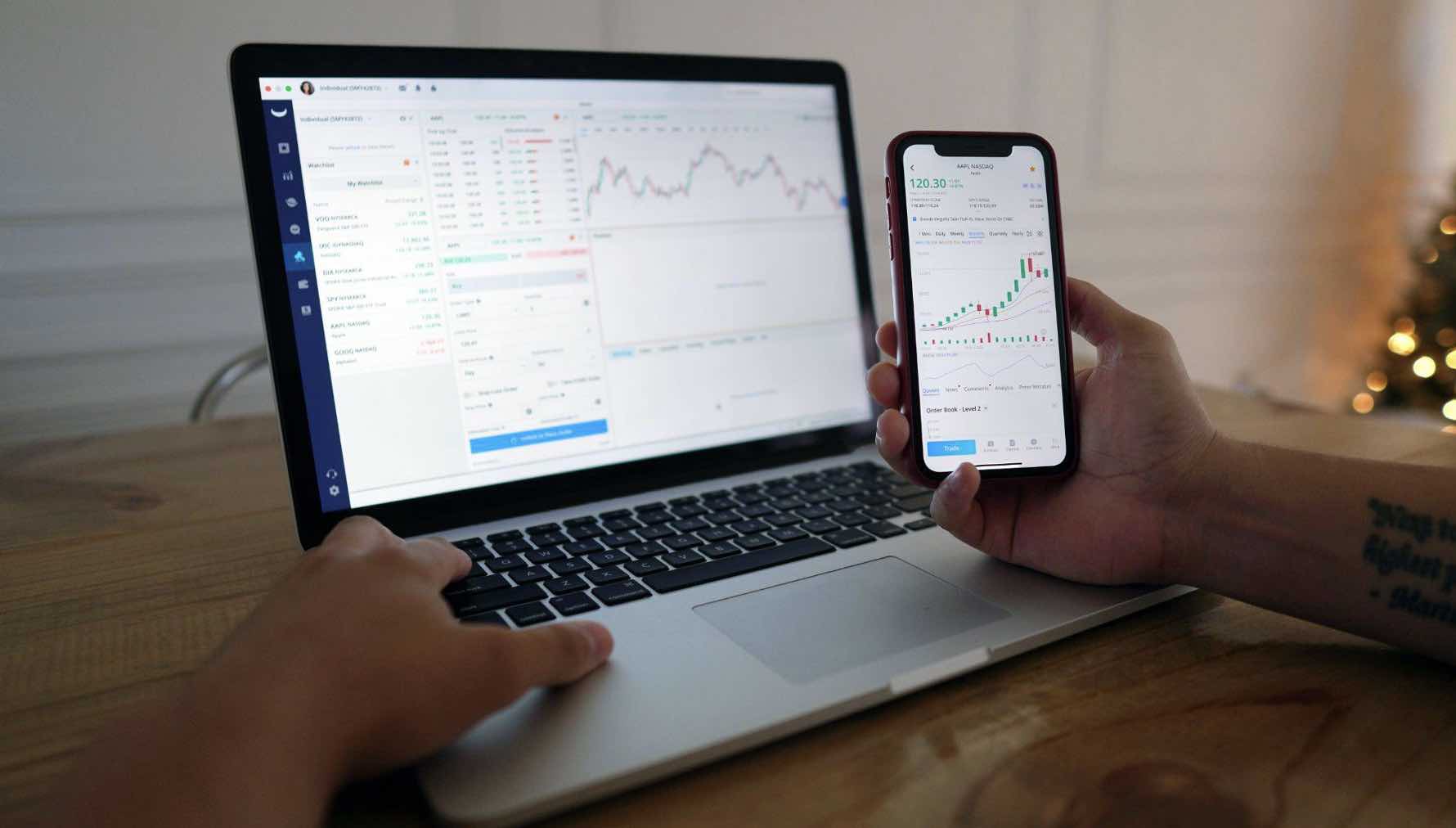Singapore, known for its strategic location and business-friendly environment, has long-attracted global investors and entrepreneurs. One key reason behind its economic allure is its transparent yet competitive tax regime, which this guide delves deep into. As of 2023, this guide also looks at Singapore’s income tax system, specifically catering to forex traders and financial experts.
The Basics of Singapore’s Income Taxation System
Singapore utilizes a territorial basis of income taxation. This means individuals and companies alike will primarily pay income taxes based on Singapore-sourced earnings. Foreign-source earnings will only become subject to income tax when brought back or considered coming into Singapore unless an exemption applies.
Singapore Tax Implications on Forex Trading
At the core of forex trade is understanding how trading gains are classified. Forex gains in Singapore don’t qualify as capital gains and must be declared regular income. As a result, traders need to declare them as part of their taxable income for taxation purposes. Exactly which rate they incur depends upon individual tax brackets.
Tax Rates for Individuals
Residents pay progressive tax rates that begin from 0% and end at 22% for income exceeding S$320,000. In comparison, non-residents are taxed at either 15% of resident tax rates or a higher amount resulting in greater total taxes payable.
Tax Rates for Companies Singapore’s corporate tax rate stands at 17%. However, various schemes and incentives, such as Partial Tax Exemption and Newly Incorporated Company Tax Exemption, may help eligible companies reduce the payable taxes significantly.
Tax Reliefs and Deductions
Singapore provides tax reliefs and deductions that help both individuals and companies reduce taxable income — from course fee reliefs to earned income reliefs. Companies may receive capital allowances or double tax deductions due to internationalization.
Filing and Payment
In Singapore, the tax year runs from 1 January to 31 December. Individuals generally must file their returns by 15 April of the following year, while companies have until 30 November. Payment can be made using various means, including GIRO banking services and SingPost branches.
Avoid Common Pitfalls of Tax Filing
Forex trading can be unpredictable, and every second can produce significant profits or losses. Therefore it can be easy for traders to neglect tax filing as part of their daily business routines. Unfortunately, errors in tax filing could lead to unnecessary penalties or overpayment. Here are a few strategies for avoiding common traps when filing taxes:
Make Accurate Reports of Income
All income earned or sent back into Singapore must be declared, including those generated through forex trading profits. This declaration obligation extends both nationally and globally.
Claim Applicable Reliefs and Deductions
Singapore offers many tax reliefs and deductions that could prove advantageous, so make sure that you take full advantage of all that are eligible to you by carefully reviewing which reliefs and deductions could apply in your situation.
File on Time
Filing late can result in penalties; make a note in your calendar for April 15th (for individuals) every year to prevent missing this filing deadline.

Tax Planning Strategies for FX Traders
As a forex trader, your income can fluctuate quickly, which has implications for your tax situation. Here are a few strategies that may assist:
Utilize Singapore Tax Reliefs
Singapore offers traders various tax breaks that they can utilize, such as the Supplementary Retirement Scheme (SRS) that allows saving for retirement while simultaneously decreasing taxable income today.
Understand Your Losses
Forex trading may result in profits and losses. Understanding the different tax rules surrounding losses is vital to carry them forward and reduce future gains. You should also take international considerations into account.
Forex traders who do not reside in Singapore or earn income from multiple locations must carefully consider international taxation issues when managing their tax liabilities. Singapore boasts an expansive network of Double Taxation Agreements (DTAs), which may help alleviate some of this burden when taxed twice in two countries.
Establish Your Tax Residency Status
How you file taxes on income such as forex gains largely depends upon where your residency lies.
Profiting From DTAs
Assuming you reside in Singapore but earn income in another country, understanding any applicable DTA is critical to avoiding double taxation.
Updates in 2023: What’s New?
Tax laws and regulations are constantly shifting and evolving. In 2023 it will be essential to remain up-to-date on their latest amendments to ensure compliance and maximize tax positions. For example:
Enhancements to Tax Reliefs
For 2023, various tax reliefs have been improved and adjusted to support individuals and families. Changes in tax rates/bands: While Singapore’s tax rates or bands have generally remained consistent over time, it’s always wise to stay aware of any updates in Singapore’s annual Budget that might change them.
Technology Plays an Essential Role in Tax Compliance
2023’s technology is essential in simplifying tax compliance for corporations and individual taxpayers, such as forex traders. Here is how:
E-Filing Systems
Singapore’s Inland Revenue Authority offers an efficient e-filing platform, making filing easier while decreasing errors typical with paper filing systems.

Tax Calculation Tools
Online tools calculate your estimated tax liability based on income (including forex gains) and reliefs offered by various states or authorities. They’re frequently updated to account for changes to tax rates or reliefs available.
Digital Record-Keeping
For forex traders, keeping accurate records is critical for filing taxes correctly and efficiently. Tools like trading platforms that export transaction histories may prove particularly helpful when filing taxes pertaining to different trading structures.
Forex traders in Singapore can conduct their operations either as individuals or through various business structures, such as sole proprietorships and limited companies, each having important tax implications.
Individual Traders
Your profits as an individual forex trader will be taxed under personal income tax rates.
Sole Proprietorships
While this structure may require fewer compliance requirements and tax forms to file, its income will still count against individual owners as personal taxable income.
Private Limited Companies
By incorporating trading businesses, effective tax rates may decrease significantly due to corporate tax structures and available incentives.
Conclusion: Proactive Tax Management Strategies
Forex traders navigating market fluctuations require effective tax management to stay abreast of changing market conditions: keeping on top of tax regulations, using technology for compliance, and planning strategically to optimize their tax position. Singapore provides traders with many resources to navigate its tax environment efficiently and effectively.




